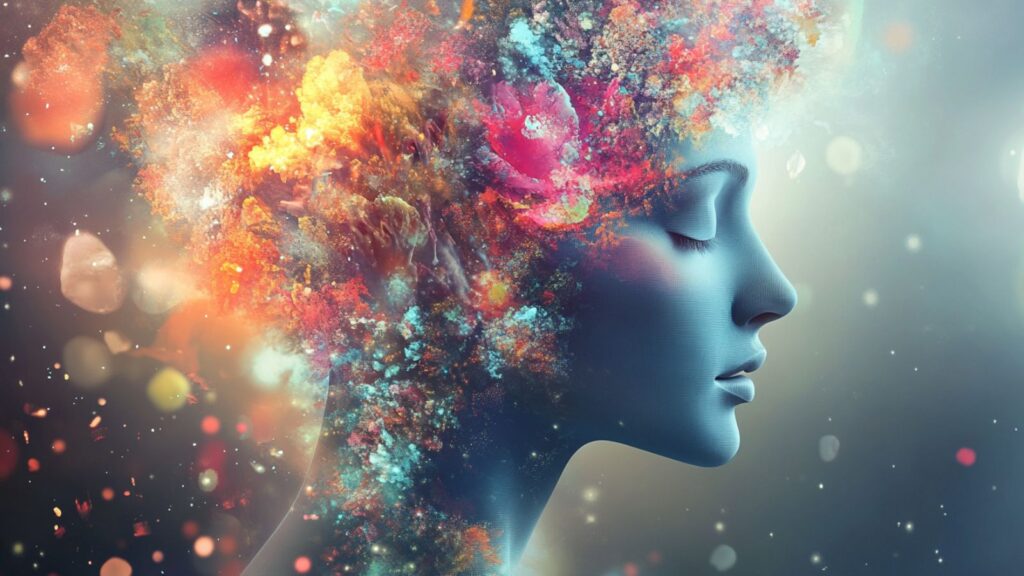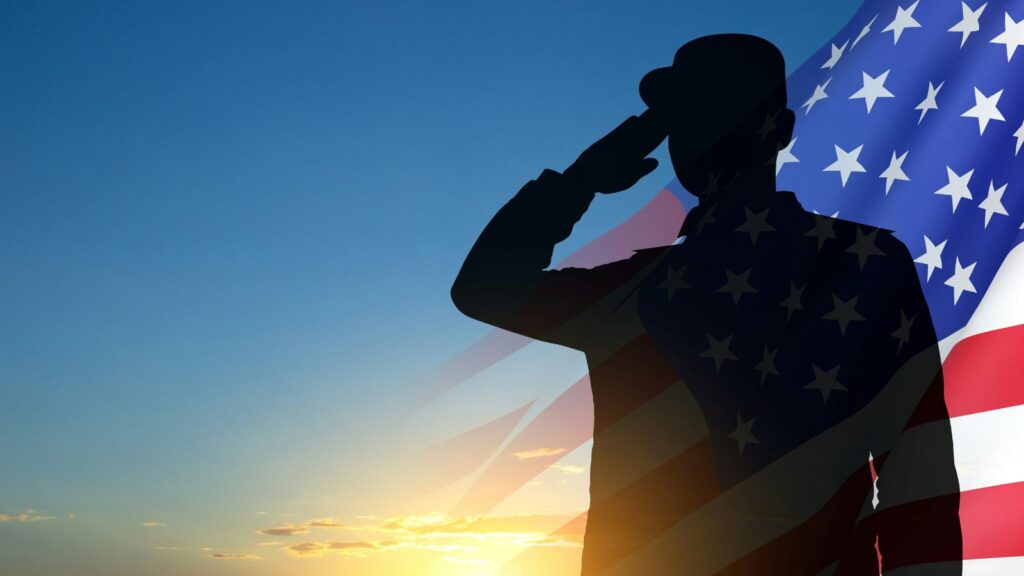Many are writing about the role of cell
phones and Twitter, Facebook and other social media in enabling/precipitating
the events in Tunisia and now in Egypt and possibly beyond. Clearly social
media have a role, but precisely what, and the extent, is still to be worked
through, especially now that the events seem to have moved considerably beyond where a direct connection can be drawn to media, and particularly since the
temporary closure of the Internet and thus all interactive media by the
Egyptian government.
But perhaps the most significant long term
impact of social media use in the events is only now starting to emerge as the
wondrous surprise of what we have been watching on CNN and Al Jazeera wears
off, if only slightly, and we begin to reflect on how the world has changed.
That there will be many impacts — some
profound, many geo-political, even more unanticipated — may be taken as a
given. However, perhaps we received a signal of what may be
the most important of all as it will potentially impact the way in which our
world creates values and works towards an implementation of our highest
aspirations. If such an impact is occurring, then the effect will not simply
change how we do and can behave but also how our technologies are defined and
determined and perhaps most importantly how our relationship to our
technologies acts so as to reinforce our humanity.
As an evident response to the events in
Egypt the following statement has been issued by a
group of United Nations associated independent human rights experts through the
Office of the United Nations High Commissioner for Human Rights.
Governments
must pay more attention to people's voices — UN experts
GENEVA
(3 February 2011) …Over the past several weeks, men and women in many
countries, including Belarus, Egypt and Tunisia, have expressed grievances
related to, among others… the denial of their right to participate meaningfully
in decision-making, underscoring the indivisibility of all human rights: civil,
cultural, economic, political and social…We are alarmed at increasing
limitations on the right to freedom of expression and information imposed by governments actively seeking to suppress the rising number of voices who wish
to be heard…We are disturbed at the major disruptions in communication networks
and transmissions of news so essential to the modern world. The freedoms of
peaceful assembly and association are among the most fundamental rights
underpinning a democratic society.
Underneath the rather predictable
headline to this press release, what is particularly interesting is the way in
which the human rights notion of "freedom of assembly" — or as they phrase it
in the above — "people's voices" — appears by inference to be applied to
freedom of assembly on the Internet, that is in this instance of course,
referring to the freedom to express and assemble (and collaborate) by means of
Facebook and to the freedom of expression via Twitter and YouTube.
The apparent extension and application
of these human rights notions into the virtual sphere is an implicit
acknowledgement of the equivalence and equivalent validity of those relations,
activities and processes which are taking place in the virtual sphere; that is,
is there any reason to see virtual connections and relationships as for
example, via Facebook, Twitter or Facebook groups as being any different from
the similar (or parallel) connections and relationships that individuals have
in physical space? The implicit answer here seems to be no!
If these virtual manifestations of
assembly and expression do have the same value and legitimacy as their physical
manifestations then the implicit connection made by the UN's Human Rights
experts on the actions of the Egyptian governments in cutting off the Internet
and thus disrupting the opportunity for assembly and expression via Facebook
and Twitter would appear to be a clear violation of human rights (Egypt of
course being a signatory to the Universal Declaration of Human Rights).
The "association" that Egyptian (and of
course Tunisian) young people were carrying out via Facebook, Twitter and
YouTube can be understood as a counterpart to the similar association that
might have taken place on a university campus, in a coffee shop or in a
community hall or mosque. Thus in this context, the closing down of the
Internet so as to disrupt Facebook and Twitter was not simply a political (and
evidently failed) act of desperation but was also a violation of the human
rights of these Egyptian young people and particularly their right of
association and assembly and specifically Article 20 of the Universal
Declaration of Human Rights which says that "Everyone has the right
to freedom of peaceful assembly and association".
Freedom of association is the individual
right to come together with other individuals and collectively
express, promote, pursue and defend common interests. The right to freedom of association has
been included in a number of national constitutions and human rights
instruments. (It actually is not included in the US Constitution, which is why
it is debated.) The Constitution protects assembly, not association and the European
Convention on Human Rights and the Canadian Charter of Rights and Freedoms.
Thus interventions such as that of
Egypt through Vodaphone in closing down access by Egyptians to
the Internet and thus to their means of assembly via Facebook, Twitter and so
on would appear to provide a potential framework of rights within which to
assess and respond to those actions and ultimately bring to account those
responsible.
If one accepts this argument then would
this not necessarily change the way in which we must approach the social
media? In this, the social media would not simply be commercial
operations and competitive brands — do we look on our getting together in
physical space to form political groups, formulate social actions,
collaboratively create civil society-as something which can or should be
commercialized or branded? In fact, in many jurisdictions there are significant
restrictions on introducing commercial considerations into a variety of types
of civic engagements.
If we transfer the conventional
behaviours and types of "association" as understood under Article 20 from
physical to virtual space, could we then see Facebook and Twitter not as
companies, brands or applications but rather as (commercial) venues in which
necessary and legally protected social behaviours — assemblies and associations
— take place in a manner legally and otherwise indistinguishable from any other
similar behaviours and associations?
And might the further implication of
this be that, for example, there would be a need to design and regulate those
venues in a way similar to the manner in which we regulate physical venues
including for example ensuring accessibility for the physically disabled,
regulation to ensure non-discriminatory access, even the virtual equivalent to
"fire regulations" which in virtual space would likely be regulation concerning
privacy and personal security.
If we see human rights as seamlessly
encompassing activities and associations in both physical and virtual
environments, perhaps then we must begin to look at the virtual world as
something other than a normless wild west which to this time has been the broad
perception. Rather cyberspace should be seen as a "place" where the kinds of
protections and regulatory frameworks (including existing human rights
legislation) would apply equally as for off-line behaviours. It follows then
that owners of platforms such as Facebook, Twitter and YouTube should be seen
not as owners of the space and behaviours being manifest through their systems
but rather as proprietors of virtual venues where these behaviours are taking place.
Image by stephentempe, courtesy of Creative Commons license.













